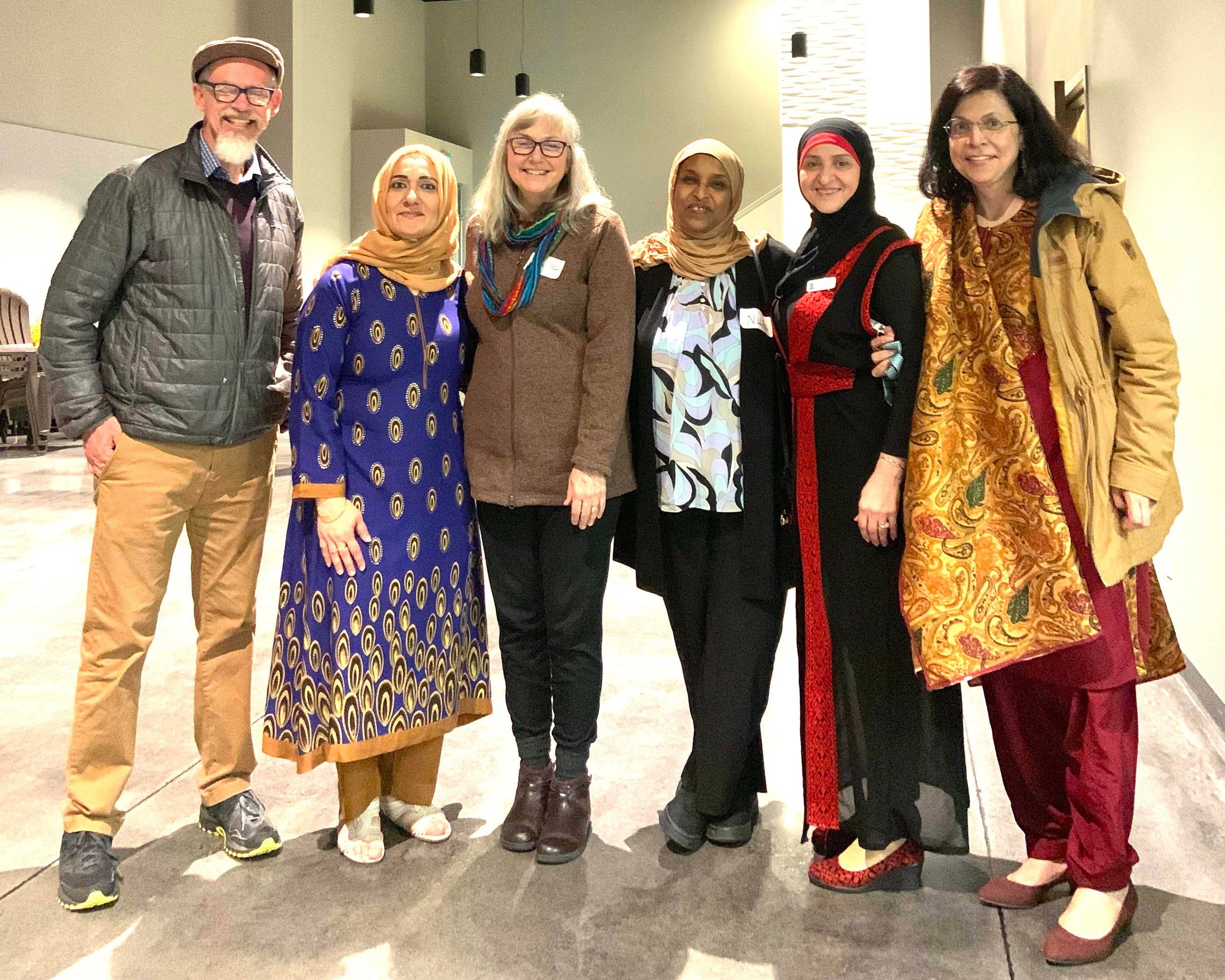3 Angles on God's View of Love in the Story of the Good Samaritan
Everyone loves the story of the Good Samaritan! But few of us realize how mind-blowing it must have sounded in its original context. To the Jews, the Samaritans were enemies. Racially inferior. Heretics! Sounds a lot like how most followers of Christ feel about Muslims today. If Jesus told this parable to Americans I could imagine him using a Muslim as the one who demonstrated neighbor love.
The Samaritan’s act of compassion portrays true neighbor love. In its original context it also portrays how we are to love our enemies. In other words, neighbor love knows no boundaries. How often we fail to obey this most basic command. But there are two other angles on this old parable – two different but fresh ways we can read this famous story.
What should the Good Samaritan do if he had arrived on the scene when the robbers were beating up this Jewish traveler? Should he intervene? Or should he wait till the robbers left? After all didn’t Jesus say we are not to “resist evil?” (Matt 5:39)
One of the challenges of following Jesus is to “obey all that he commanded.” This means we need to figure out which command to obey… when. So which command do we go with: Do not resist evil, or love our neighbor? I would argue that Jesus’ strong emphasis on love throughout his teaching wins in this case. The Good Samaritan should do everything he can to fight off the robbers and rescue the wounded victim. Protecting this victim would be true neighbor love.
But there’s another way we can read this important story. Imagine the Good Samaritan reflecting on his experience and trying to figure out a way to stop future muggings. He would need to think of ways to make the road from Jerusalem to Jericho safer. To put the story in a modern setting, he could petition the city to put up lights along the side of the road and to have police patrol it. This would also demand honest judges with reliable systems of justice. In this variation, we move from mercy ministry to social justice, from relief to development. We seek to develop social structures that protect the vulnerable and uphold human rights.
Martin Luther King said this in one of his sermons: “The person who fails to look with compassion upon the thousands of individuals left wounded by life’s many roadsides is not only unethical, but ungodly. Every Christian must play the good Samaritan. But there is another aspect of Christian social responsibility which is just as compelling. It seeks to tear down unjust conditions and build anew instead of patching things up. It seeks to clear the Jericho road of its robbers as well as caring for the victims of robbery.”
Peacemakers need to read this parable from all three angles. We demonstrate neighbor love through compassion. We demonstrate neighbor love through protecting those who are violated. We demonstrate neighbor love through working for justice.










